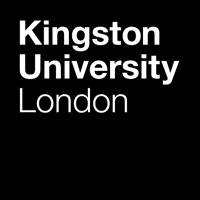fees waived
Computer Science, BSc (Hons)
Kingston University, United Kingdom
Ranking in UK
Computer Science and Information Systems
Computer Science and Information Systems
Computer Science
Costs
food & rent S$24.5k / year
Entry requirements
Scholarships
11 - 20 available
21 - 50 available
Unlimited quantity
Unlimited quantity
Unlimited quantity
Unlimited quantity
Limited quantity
Information
Code
Code
Intakes
Website (External)
Programmes
Information
Duration
2029
Kingston University's Computer Science course draws on academic expertise in areas like artificial intelligence, robotics, and digital healthcare, enhanced by guest lectures from industry leaders such as Sony, Google, and IBM. It features the NoobLab platform for accessible programming and holds a No.5 ranking in London for Computer Science (Guardian University Guide 2024). Students explore specialist modules in software engineering, project management, and network security, gaining hands-on experience to apply knowledge to real-world problems and build a professional portfolio.Future Skills embedded in the curriculum develop essential abilities like problem-solving, digital competency, and adaptability, preparing graduates for dynamic careers. This degree leads to opportunities in roles such as systems analysts, software engineers, and network specialists, with assessments including coursework, exams, and project-based learning to foster technical proficiency.
Example modules – Thinking Like a Programmer – Mobile Application Development – User Experience Design Thinking To view the full list of modules, please visit the University course webpage.
A local representative of Kingston University in Singapore is available online to assist you with enquiries about this course.

